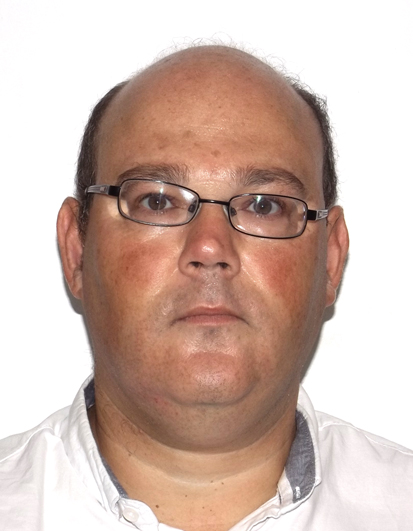Staff Members
Home »
Senior Research Associate
Name: Alon Serper
Staff Members
Contact Details:
Email: Alon.Serper@nmmu.ac.za
About Dr Alon Serper
Alon Serper is an educator and psychologist. He is a senior research associate at the University of Johannesburg. He is married to Xoliswa, raises Azazole, and lives in South Africa. His research and vocational interests include the development and internalisation of the critical thinking, enquiring, problem-solving, reflective, self-reflective, literacy, communicative, and dialogical skills essential for a participative, inclusive, democracy, and the empowerment of individuals, specifically those from a disadvantaged background in South Africa. He develops, tests and validates dialectical methods for this purpose using anthropological and empirical means. He also works with students and professionals, puts together and runs workshops, foundation courses, and electronic, virtual, and face-to-face educational and ontological spaces for this purpose. He edits and reviews academic, fiction and non-fiction manuscripts for publication, and is a member of editorial boards. He received his PhD from the University of Bath, England. His PhD offered a dialectical method of approaching, studying and conceptualising human existence through the questions, how do I live a more meaningful life?, and how do I identify and transform my experiences of dissatisfaction, frustration and void to those of fulfilment, wellbeing and meaning? His postdoctoral and research fellowships at the Nelson Mandela Metropolitan University tested and developed this dialectical method using anthropological and empirical means. The postdoctoral and research fellowships also explored the transformation in South Africa from oppressive autocracy of minority over the majority to a participative, inclusive, democracy of and for all its people in equality, justice, dignity, humanity, wellbeing, fulfilment and empowerment, what it means and how to achieve this transformation. His Individual Graduate Programme, at the Hebrew of University, of Jerusalem, argued and demonstrated how the traditional, propositional, methods of approaching, studying and conceptualising human existence in the human and social sciences objectify and dehumanise human beings, and why the dialectical underpinning is more suitable for the study, conceptualisation, empowerment and development of human beings, human existence and society.
